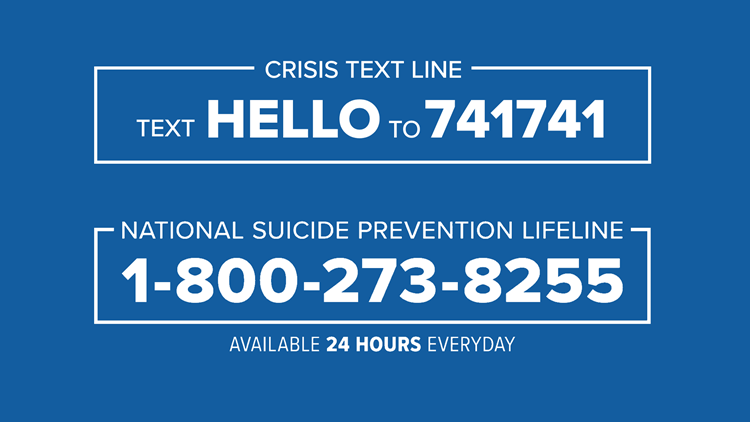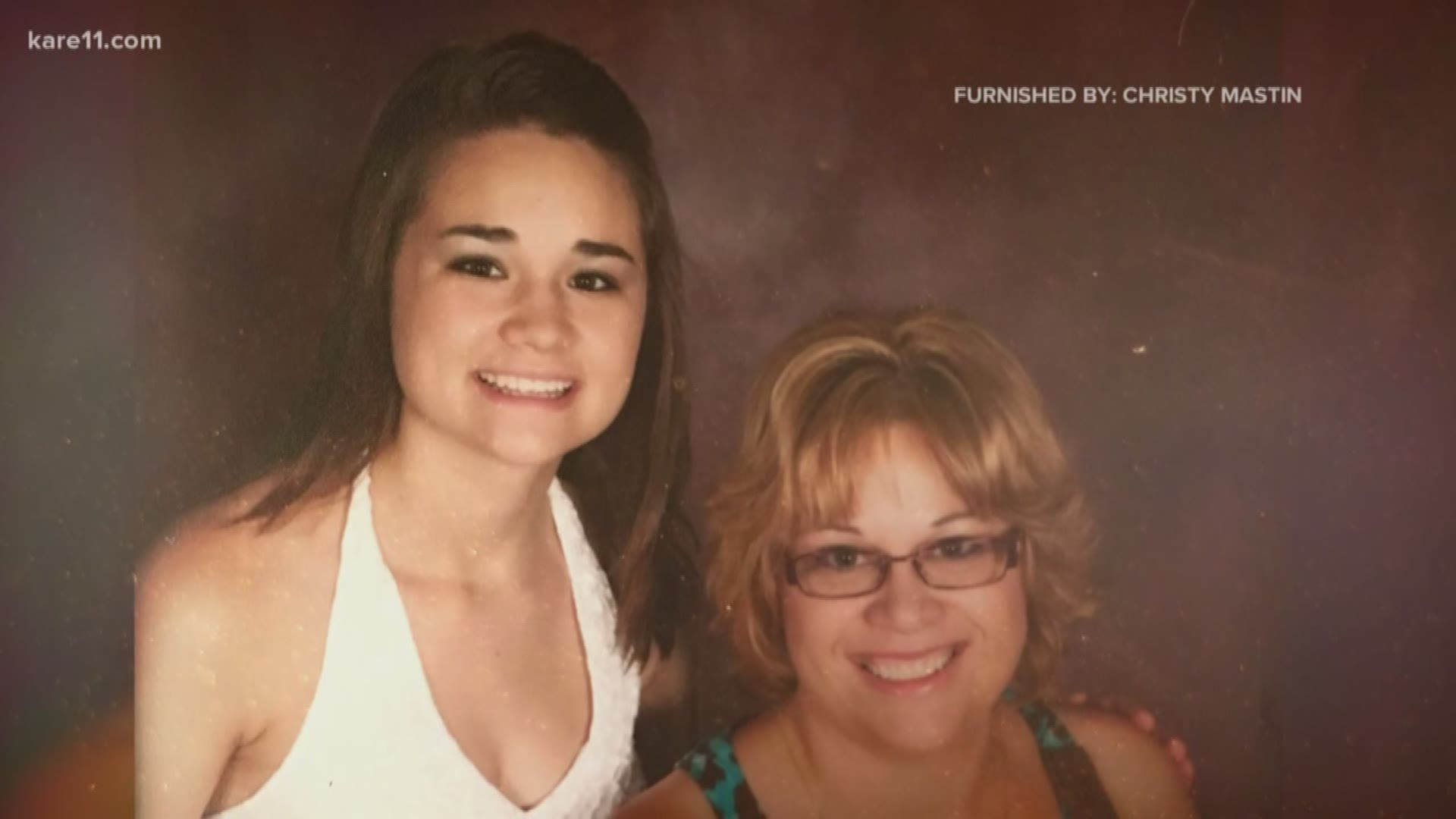IF YOU NEED SUPPORT
The Crisis Text Line is available for free, 24 hours a day, seven days a week for anyone facing any type of crisis. Text HELLO to 741741 from anywhere in the United States to be connected to real human being. A live, trained crisis counselor will respond, listen, and help.
The National Suicide Prevention Lifeline is also available 24/7 with free, confidential support for anyone facing a crisis or distress. Call 800-273-8255 to speak to a trained counselor anytime.
SAVE (Suicide Awareness Voices of Education) also offers this advice:
- If you have tried to hurt yourself or have recently attempted, get help immediately by calling 911
- If you are not hurt, have a friend help you get to the emergency room
- Reach out to at least one or more of the following:
- Family member
- Friend
- Crisis counselor
- Primary Care Doctor
- Mental Health Professional (Therapist)
- Teacher or educator you trust
- Church Leader
- Find a Support Group
- Online peer support
- If you belong to the LGBTQ, American Indian, Alaskan Native, veterans or seniors community, you can find some specific resources here.
RECOGNIZING WARNING SIGNS
The website Youth Suicide Warning Signs says if you're concerned about someone, to ask whether your friend or family member has shared or shown any of the following:
1. Talking about wanting to die, be dead, or about suicide, or are they cutting or burning themselves.
2. Feeling like things may never get better, seeming like they are in terrible emotional pain (like something is wrong deep inside but they can't make it go away), or they are struggling to deal with a big loss in their life.
3. Or is your gut telling you to be worried because they have withdrawn from everyone and everything, have become more worried or on edge, seem unusally angry, or just don't seem normal to you.
HOW TO RESPOND
If you know someone with those warning signs, the site suggests these ways to respond:
1. Ask them if they are okay and listen to them like a true friend.
2. Tell them you are worried and concerned about them and that they are not alone.
3. Talk to an adult you trust about your concerns.
SAVE suggests beginning a dialogue by asking questions. Suicidal thoughts are common with some mental illnesses and asking non-judgmental questions can help a person decide to seek professional help. Research has found that asking about suicide won’t hurt them or make them feel more suicidal or lead them down that path. In fact, it helps reduce risk and anxiety, so it is safe to ask.
- "Do you ever feel so bad that you think about suicide?”
- “Do you have a plan to kill yourself or take your life?”
- “Have you thought about when you would do it (today, tomorrow, next week)?”
- “Have you thought about what method you would use?”
SAVE says asking these questions will help you to determine if your friend or family member is in immediate danger, and get help if needed. A suicidal person should see a doctor or mental health professional immediately. Calling 911 or going to a hospital emergency room are also good options to prevent a tragic suicide attempt or death.
“It doesn’t have to be this way … there is hope and there is help,” said Dr. Dan Reidenberg, an expert in mental health and suicide prevention.
Additional reporting and resources on suicide prevention can be found by visiting the Road to Hope section on kare11.com.



